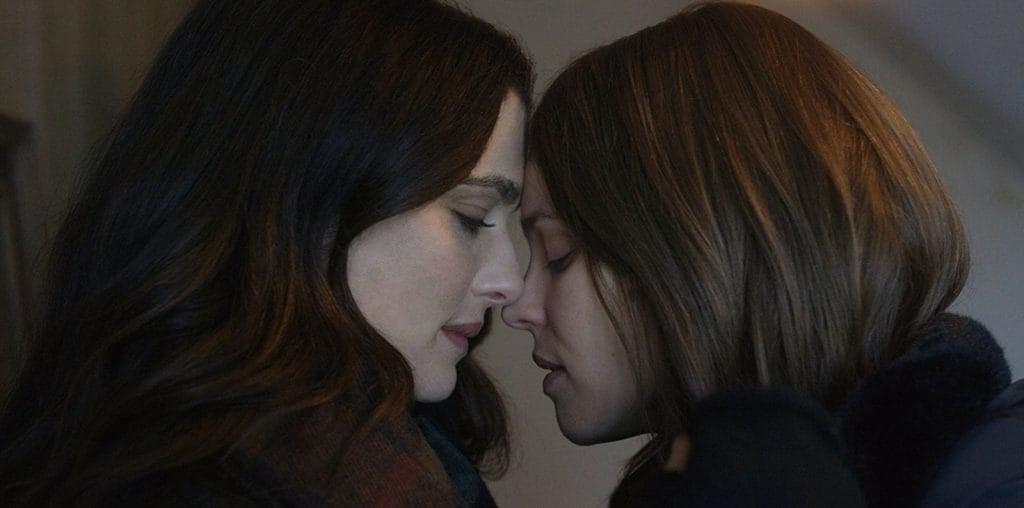
In case you didn’t have enough reasons to distrust the Mormon faith, rising from the soils of a murky valley comes “September Dawn.”
1857 was a dark time for the LDS. The real life event that inspired Christopher Cain’s muddled western came about when a wagon train headed for California rested for a spell at Mountain Meadows, a Mormon territory. Before moving west to settle in their current homestead, Utah, the Mormons were persecuted in Missouri, where their founder, Joseph Smith, was murdered. (For a delirious tutorial on the figure, see South Park’s Episode 108.) Since some members of the Arkansas wagon train were from Missouri, the passionately paranoid Mormons instigated local natives to help massacre the travelers.
One would guess that a dramatization such an event would be didactic on some level, as a comment on xenophobic hatred. But Cain opts for a gruesome tale, as he fashions the Mormon residents to be gothic monsters in what must be some kind of personal indictment. (Should we expect “Dawn II: The Scientologists” next?) Terence Stamp (Zod from “Superman II”) looks possessed as Brigham Young, who is hell bent on shedding the travelers’ blood in vengeance for Smith’s murder. As the fictional Prophet Jacob Samuelson, Jon Voight cannot channel a dooming presence behind a pasted-on goatee. Samuelson first welcomes the wagon train and offers them land for respite, before informing his brethren of the plan to sabotage their visitors. Praise Judas, Amen.
The revenge plot is intertwined with a romance between wagon train cutie Emily Hudson (a struggling Tamara Hope) and Jonathan (Trent Ford, not much better), the son of Samuelson who, in what may be the film’s only honest scene, tames an unmanageable horse. Some gorgeous photography cannot pull along the leaden intertwined plotlines and stilted performances, while the film telegraphs the approaching massacre so much that we need not even see it. When it finally does appear, Cain tosses out a flurry of shots that have little structure and less ethos to warrant our investment in a sour denouement. Drama may benefit from attention to history, but history doesn’t always make for good drama.
